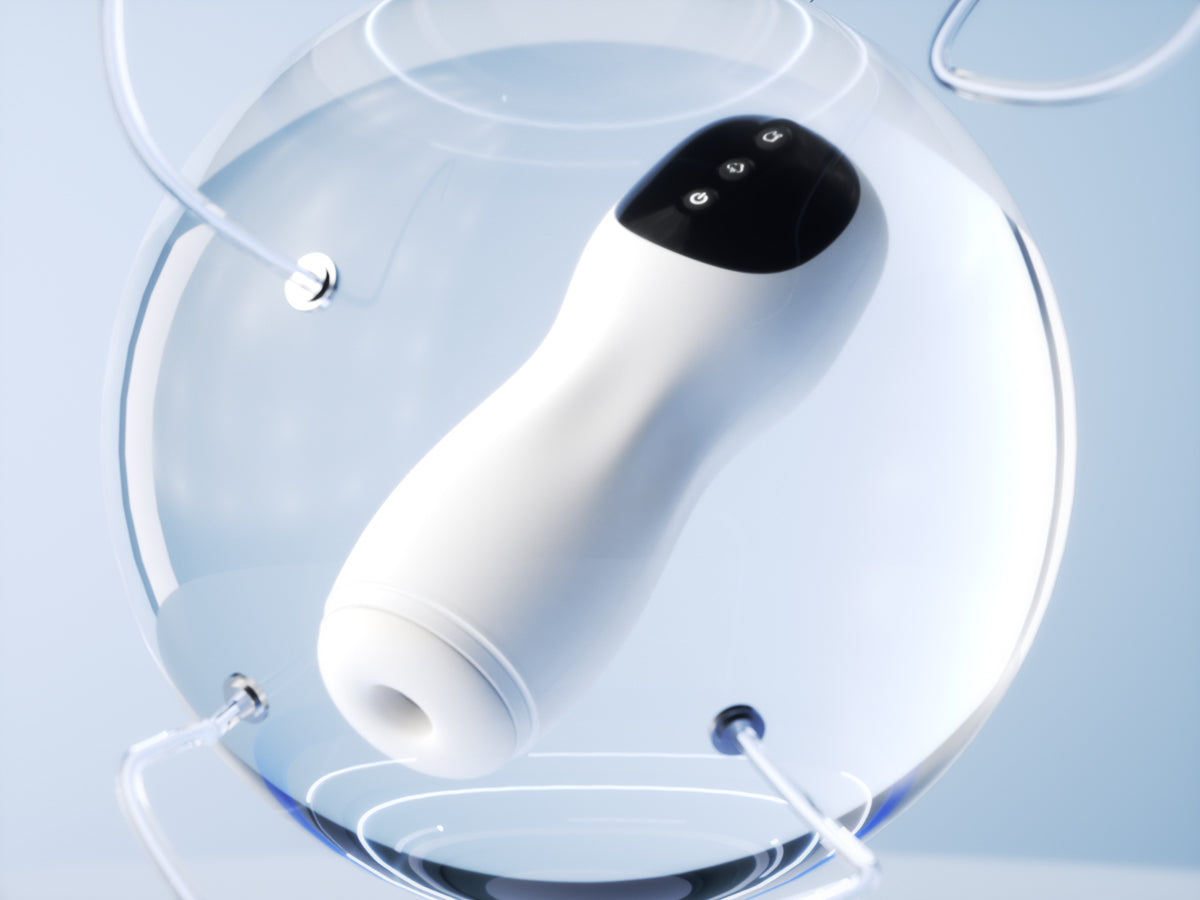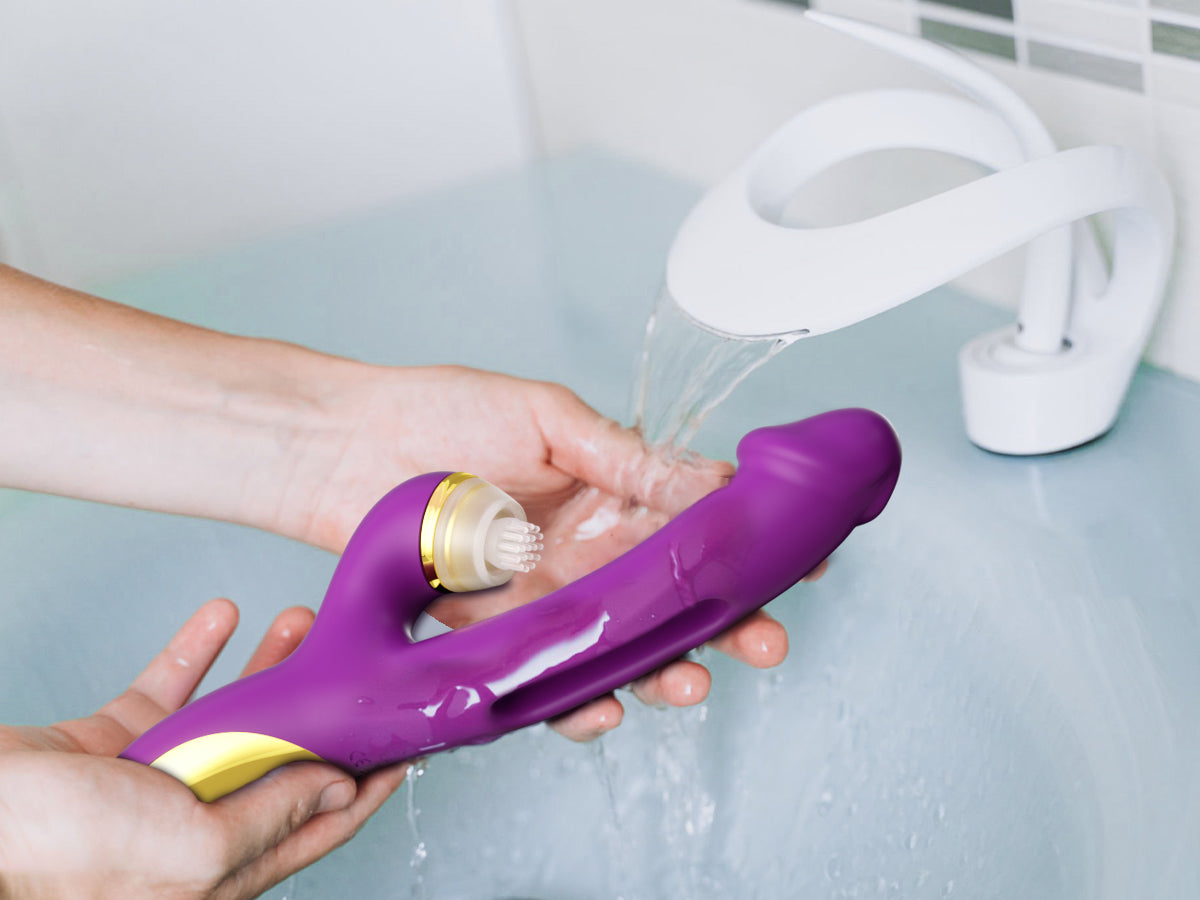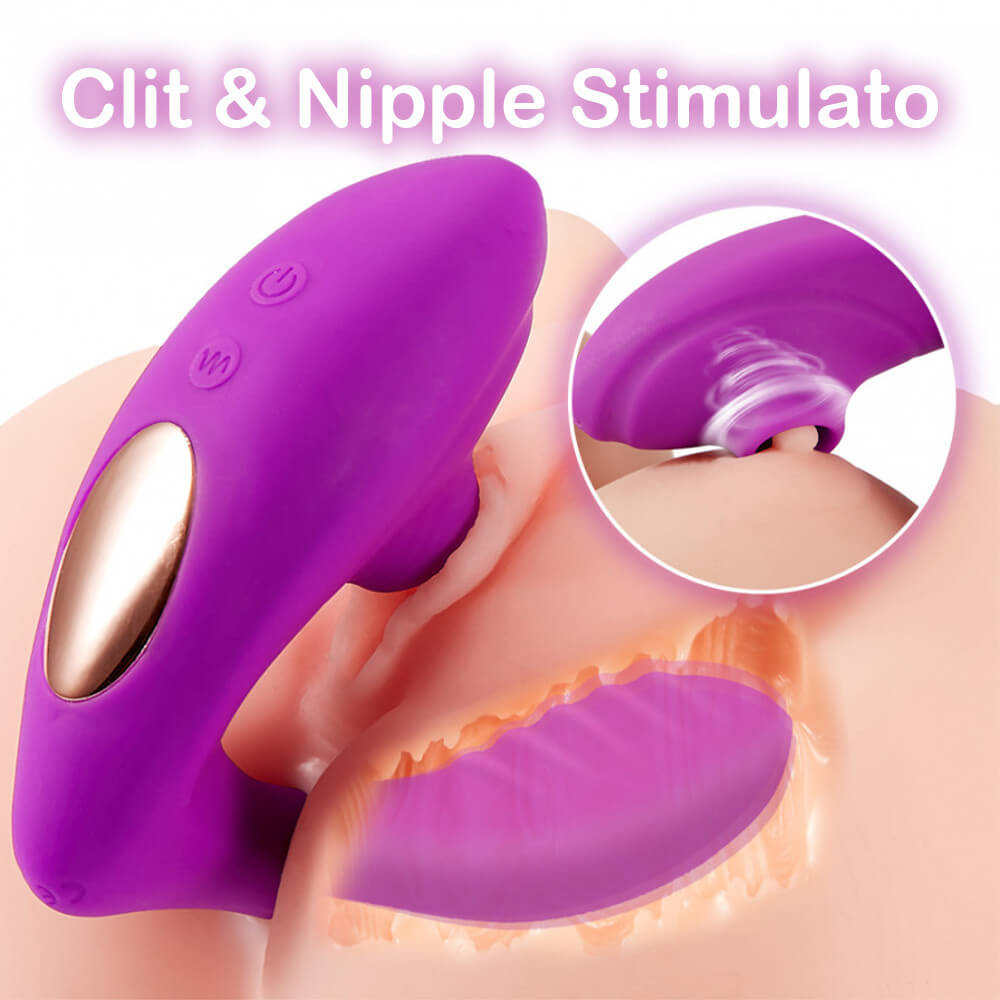Among the most commonly used sexual devices, sex toys can have detrimental effects on fertility. Soft plastic, especially PVC, can cause problems, especially for women who want to conceive. Soft plastic is also made of phthalates, a hormone disruptor that affects reproductive health and the normal development of baby boys in the uterus. Because phthalates have been shown to interfere with reproductive processes, limiting the amount of exposure is crucial for the health of a woman and her baby. Porous materials are also harmful to the fetus, and are a potential source of STDs and bacterial infections.
Using a condom with a sex toy
Using a condom with a sexual toy can cause infertility because sex toys can be uncomfortable for the couple during pregnancy. Make sure to choose phthalate-free sex toys to avoid potential risks. These chemicals are known endocrine disruptors that can cause a variety of health problems, including cancer and a lowered sperm count. They can also be absorbed by the body's water supply, and can also interfere with hormone levels in the mother.
There are many types of condoms, including silicone and water-based condoms. Silicone-based lubes tend to last longer, and they do not cause irritation. Silicone-based sex toys will degrade quickly, so you should look for a silicone-based condom. You should also avoid petroleum jelly and lubes containing parabens and propylene glycol. Natural lubricants can be used with condoms but you should check the condom's instructions before use.
Using a dildo with a condom
During a normal menstrual cycle, the ovary releases an egg into the fallopian tube. The sperm then travels to the cervix, where they meet the egg. During sex, sperm may enter the vagina from the fingertip, or from toys, which can be harmful to the fetus.
In addition to infertility, sexually transmitted infections (STIs) may be passed from one site to another. For example, an outbreak of vaginal herpes can spread to the butt. A gonorrhea infection can even spread to the testicles. A condom can prevent this from happening, so make sure to use a dildo or a condom when sharing sex devices with other people.
Using a vibrator
Some women wonder whether vibrating for sex toys can cause infertile pregnancy. While this may be an oversimplified concern, the device is considered safe for healthy pregnant women and those with low-risk pregnancy. The vibrating sex toys can make women feel divine, making them physically and emotionally more pleasurable. However, pregnant women with a high-risk pregnancy should consult a healthcare provider before using vibrators.
One of the most common concerns about using a vibrator is the risk of nerve damage from repeated vibrations. While a woman may not experience severe pain during the first few uses, it is worth checking with a physician before using a vibrator for sex. The vibrating toy may cause heavy bleeding, which could lead to contractions and even premature birth.

Using lube with a sex toy
Many pregnancy forums and all-natural blogs discuss the connection between lube and infertility. Many readers wonder whether lube inhibits the baby-making process. The experts answer "maybe," citing two studies. While in-vitro laboratory tests suggest that lube can be toxic to sperm, real-life couples tests showed no correlation between using lube and getting pregnant.
Researchers from the NoToxRox organization studied the experiences of over 900 couples trying to conceive. Vaginal dryness negatively impacted their intimacy, and 76% of them had more episodes of dryness during the pregnancy. Some women who were unable to conceive during the trial used lube in the process. A study conducted by Joanne Lia, a healthy-home expert, found that vaginal dryness can affect male and female fertility.
Avoiding phthalates in sex toys
Some researchers have linked phthalates to a range of adverse health effects, including asthma, ADHD, breast cancer, and obesity. Phthalates also affect reproductive development, including male infertility. To avoid exposure, consumers should look for phthalate-free products that do not contain these compounds. In addition to avoiding sex toys, people should also avoid certain kinds of personal care products and household cleaners containing these substances.
Pthalates are a class of chemicals used to soften plastics. The FDA lists phthalates as a probable human carcinogen. While they may be safe for toys made from hard plastic, silicone, glass, metal, or wood, you should avoid those made with rubber jelly. Instead, look for phthalate-free toys that are made from silicone, glass, metal, wood, or hard plastic.









